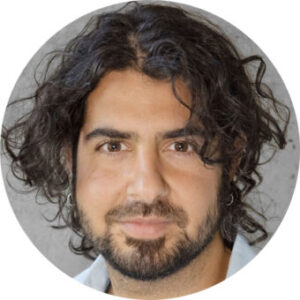
Azim
Shariff
Transcription of the video
Q1
Which domain or aspect of social life will show the most significant positive societal and/or psychological change in response to the pandemic?
Q2
What kind of wisdom will people need to capitalize on the positive societal and/or psychological change after the pandemic?
Q3
Which domain or aspect of social life will show the most significant negative societal and/or psychological change in response to the pandemic?
Q5
What piece of wisdom do people need to make it through the pandemic?
Themes discussed in this interview
6 themes related

